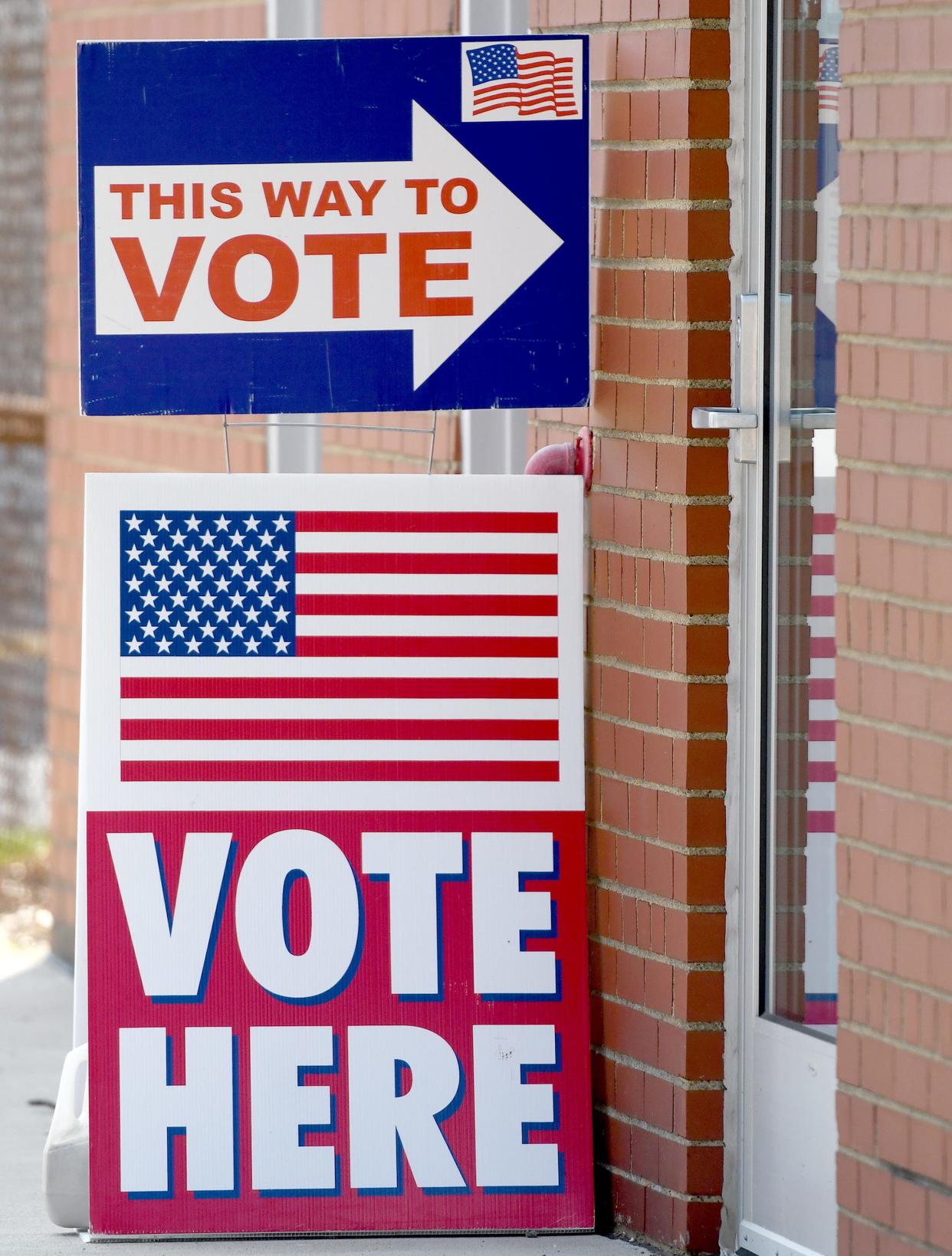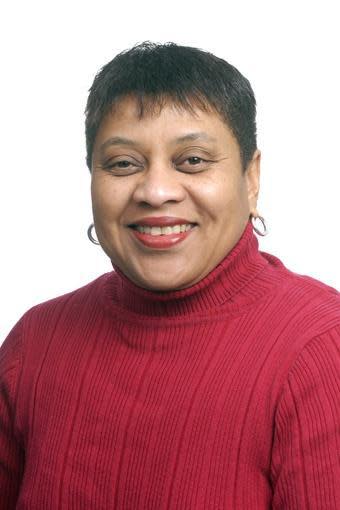Charita Goshay: Issue 1 is a litmus test of how much we value the vote

In the latest episode of "Literally No One Asked for This," a faction of Ohioans are hoping to change how the state's Constitution is amended.
If Issue 1 is approved on Tuesday, it means an affirmative vote of 60% will be required for any proposed amendments. It also would require that any future petitions for amendment proposals must pass muster in all 88 counties, as opposed to the current 44.
Anyone who thinks such an effort will stop at the state constitution probably also still believes in cryptocurrency.
Already, state Rep. Jean Schmidt of Cincinnati said that if Issue 1 passes, she would entertain a discussion about a possible ban on birth control.

A state which once prided itself on being purple and a bellwether suddenly just looks bruised; like we walked into a door while sleepwalking toward a cliff.
Issue 1 proponents are proclaiming that if the measure goes down, nameless, faceless, dark-money bogeymen will seize power. It's unfortunate the same energy isn't being devoted to fixing our gerrymandered election maps, which have been declared unconstitutional yet are still being used, or for calling to account everyone who was involved in the FirstEnergy scandal.
Over the objections of all of Ohio's former living governors and attorney generals — from both parties — the people who want to eliminate the equation of one-person, one-vote are telling you to your face they don't think you can be trusted.
Since 1913, Ohioans have approved 127 of 227 proposed amendments. However, according to The Columbus Dispatch, 156 of them were proposed by legislators, which means the calls have been coming from inside the house.
In contrast, citizen groups have proposed 71 amendments since 1913. Of that number, 27% of the citizen amendments have passed, which speaks to Ohioans' ability to know what's best for their state.
People who insist the state constitution will be undermined unless Issue 1 is passed, are some of the same folks who have ignored the law, from gerrymandering to the Ohio Supreme Court's ruling in DeRolph vs. Ohio, which declared 26 years ago that the state's funding formula for public schools is unfair.
It's no secret that the real issue behind Issue 1 is abortion, which is hovering over the November election like smoke from a Canadian wildfire.
Supporters of Issue 1 see it as a way to keep abortion restrictions in place with an eventual aim to increase them, but people have always found access to abortion, one way or another.
They haven't always had access to democracy.
Despite the passage of the 15th Amendment in 1869, American women couldn't vote until 1920, with the passage of the 19th Amendment.
Some of you are old enough to remember "Bloody Sunday," in Selma, Alabama, where Black Americans still couldn't vote without jumping through fabricated hoops or enduring threats of violence and death; not until the passage of the Voting Rights Act of 1965.
Even in 2023, there still are people who are working to make voting as difficult as possible. They argue that it's in defense of election integrity but it's hard to understand how reducing precincts in certain communities, or rejecting valid identification, or not accommodating the disabled, fixes this.
Perhaps it's just a coincidence that their concerns always appear to be centered on people whose politics run contrary to their own.
When none of this works, they simply deny any results which don't fall in their favor.
You don't have to be pro-choice, by the way, to be pro-democracy.
The equation of one person, one vote is one of the foundational stones on which we stand.
Any erosion, any assault upon this principle threatens us all because unless it is actively resisted, the progression toward absolute power never stops.
Charita M. Goshay is a Canton Repository staff writer and member of the editorial board. Reach her at 330-580-8313 or charita.goshay@cantonrep.com. On Twitter: @cgoshayREP
This article originally appeared on The Repository: Charita Goshay: Issue 1 is a litmus test of how much we value the vote

